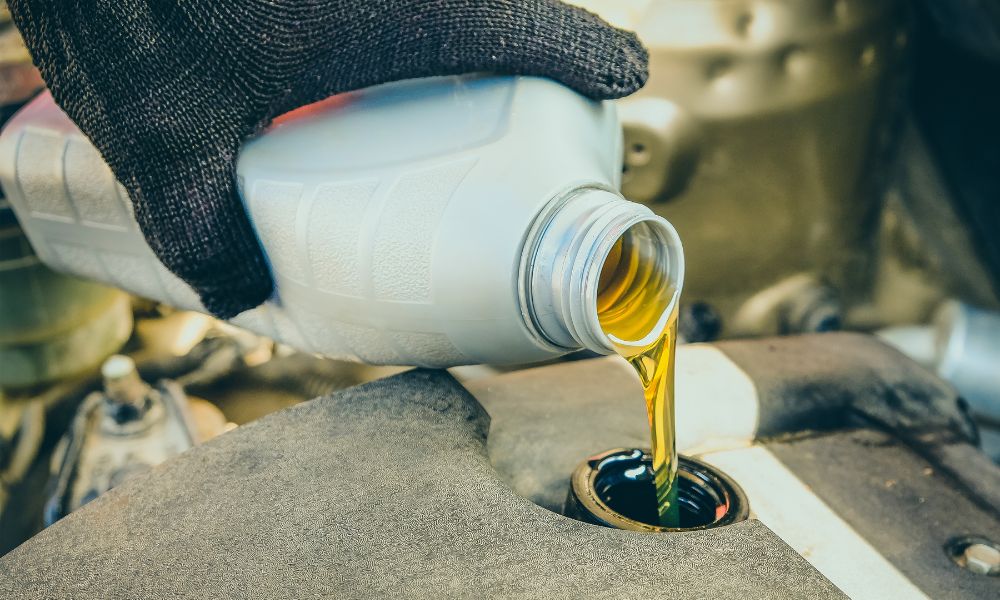A Look at the Engine Oil Strategies of Winning Race Teams

Most people know that high-performance race engines require great care and specialized engine oil. However, not everyone knows exactly what to look for in motor oil. A winning race team needs to know which type of oil to use in their engines because this fluid can be the difference between victory and defeat. In this deep dive, we explore the engine oil strategies of winning race teams to help you make an informed decision to optimize your engine's performance.
The Importance of Viscosity
Viscosity is a critical factor in determining the effectiveness of engine oil. It refers to the oil's resistance to flow and is measured in units of centistokes (cSt). In racing applications, low-viscosity oils reduce internal friction, leading to higher engine output. However, these oils may not provide adequate protection against hot temperatures and high-speed operation. Selecting a viscosity grade that balances performance with protection for the engine components is essential for a race team with eyes on the grand prize.
Synthetic vs. Mineral Oils
Synthetic engine oils are popular among race teams due to their superior thermal stability, resistance to oxidation, and ability to maintain viscosity over a wide temperature range. This ensures consistent performance and protection for racecar engines, even under extreme conditions.
Mineral oils can break down and lose their protective properties at high temperatures, making them weaker than synthetic oils. While synthetic oils may cost more, their benefits make them worthwhile investments for competitive racing applications.
The Role of Additives
Engine oil additives enhance the performance and protection provided by the base oil. Common additives in racing oils include anti-wear agents, friction modifiers, antioxidants, and detergents. These additives work together to reduce wear, minimize friction, prevent sludge formation, and maintain engine cleanliness. Selecting the right combination of additives for your engine requirements is essential for maintaining peak performance on the track.
Utilizing Break-In Oils
Some racers overlook break-in oils, but they can greatly benefit newer racecars. These specially formulated oils protect and condition new or recently rebuilt engines during the initial running period. The break-in process ensures the engine components, such as piston rings and bearings, settle properly. Break-in oils typically contain high levels of anti-wear additives, such as zinc and phosphorus, which protect the engine during the break-in period.
After finishing the break-in process, the engine can transition to a regular racing oil for ongoing protection and performance enhancement. Until that time comes, using engine break-in oils is imperative if you want your racing vehicle to cross the finish line ahead of the pack.
Monitoring Engine Oil Condition
The final engine oil strategy of winning race teams we’ll share is regular oil analysis. This process is vital for race teams that want to identify issues within an engine. By monitoring the chemical and physical properties of the oil, mechanics can detect early signs of wear, contamination, or oil degradation. This information allows for proactive maintenance and timely oil changes to avoid engine damage or poor performance.

You must login to post comments.